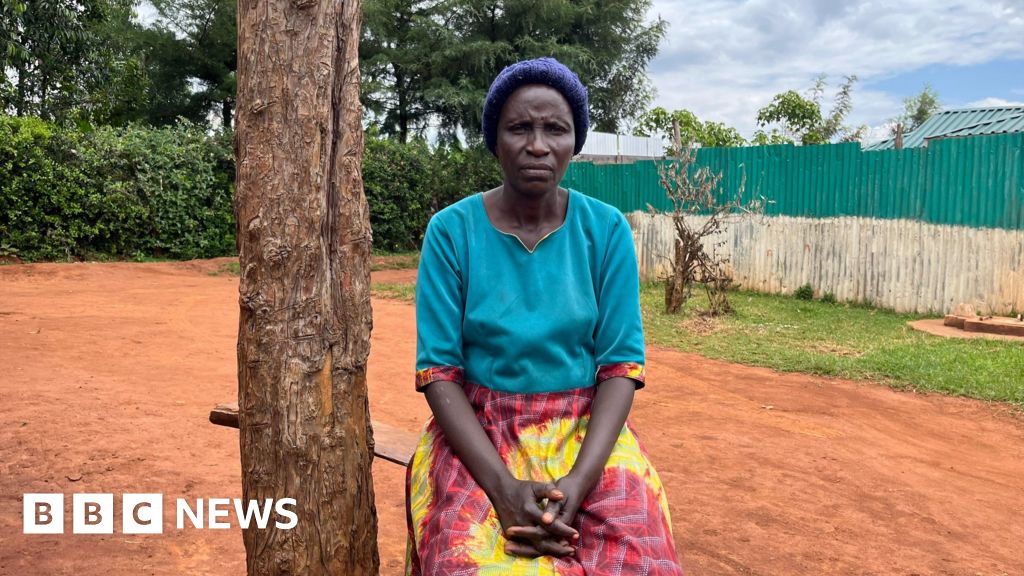NEW DELHI: The ongoing student's protest in
Bangladesh
over
civil service hiring rules
turned violent after Prime minister
Sheikh Hasina
labelled the
demonstrators
'
Razakars
', a term used to describe those who sided with the Pakistanis in 1971 war.
"If not the grandchildren of the freedom fighters, then who will get quota benefits? The grandchildren of the 'Razakars'? This is my question.
I want to ask the people of the nation. If the protesters don't comply, I can do nothing. They can continue their protest, Hasina said.
Hasina's controversial statement further intensified the demonstration as students took to the streets with the war cry, “Tui ke? Ami ke? Razakar, Razakar! (Who are you? Who am I? Razakar, Razakar!)”.
Who were the Razakars?
The paramilitary force of Pakistan's army deployed in East Pakistan (now Bangladesh) during the Bangladesh Liberation War of 1971 were called the 'Razakars'.
The unit, formed by the Pakistan Army, primarily consisted of local collaborators who opposed the independence movement.
The volunteer militia's origins can be traced to the erstwhile princely state of Hyderabad, formed to support the rule of the Nizam and oppose the accession of Hyderabad to India.
According to the historic documents, the Razakar force - an auxiliary group of then Pakistan army - targeted Hindus and Bengali nationalists during the 1971 liberation war.
AKM Yusuf, one of the top leaders of the fundamentalist Jamaat-e-Islami, was believed to be the founder of the Razakar force. He was arrested in May 2013 and charged with crimes against humanity. However, he died of cardiac arrest in 2014 while in detention.
The quota system
The ongoing protest, predominantly led by student groups, opposes a quota system reserving up to 30% of civil service jobs for relatives of veterans from Bangladesh’s 1971 independence war.
Students have been clashing with law enforcement officials as well as the members of the ruling Awami League’s student wing, Bangladesh Chhatra League.
The Supreme Court of Bangladesh, on Sunday, scaled back the controversial quota system for civil service job applicants, reducing its scope but stopping short of complete abolition.
The Appellate Division of the court overturned a decision made by a lower court, which had previously restored quotas for government jobs. According to reports, the higher court's ruling mandated that 93% of positions in the government sector will now be filled based on merits.

 1 month ago
14
1 month ago
14










 English (US) ·
English (US) ·